Yes, that "S" word: sex. The other word that follows puberty that all parents love to talk about!
Sex education is a topic that everyone growing up should receive, especially (if not more so) people with disabilities - and intellectual disabilities in particular.
It can be an uncomfortable topic, but it is a necessary one.
Sex education isn't just about sex, and safe sex, and healthy relationships ... but it's also about what is/isn't appropriate in public, boundaries (ie hugging family members but not acquaintances), and the right to say no/stop.
There is a very real danger of females with intellectual disabilities being taken advantage of and sexually assaulted. In my post M is for Marginalized, I mentioned an eye-opening statistic: 80% of females with an intellectual disability will be sexually abused in their lifetime. 80%! And if that wasn't enough: Of that 80% half will have been assaulted over 10 times.
If that doesn't make you want to keep your daughter with an intellectual disability in your eye sight 24/7, I don't know what will.
It's scary. It's a scary world out there not just raising a daughter, but raising a daughter with an intellectual disability; raising someone so vulnerable to being abused.
But we can't stay silent on this topic. From the article This Is What Sex Ed for the Intellectually Disabled Looks Like: "A person who is socially isolated, who has been left sexually ignorant, and who is disabled has a much higher likelihood of being a victim." It's an excellent article tackling the whole issue of sex education and how it relates to individuals with disabilities and why they need this information just as much as everyone else.
Individuals with disabilities are hu-man. They will go through puberty and teenagehood and adulthood and have feelings, including sexual feelings. It is ok for people with disabilities to gasp! have sex! But as with anyone else, it is not ok for them to be taken advantage of and abused.
A couple of books I'm buying for Kayla and I to read together are also from the same author I mentioned in P is for Puberty - Terri Couwenhoven.
The first book is Boyfriends and Girlfriends: A Guide To Dating For People With Disabilities and also Teaching Children With Down Syndrome About Their Bodies, Boundaries, and Sexuality.
I don't want to have to navigate these waters with Kayla already, not because I want to pretend like it doesn't exist, but because it means she's growing up, and that's happening quicker than I am ready for it to happen!
I'm going to do my best to educate Kayla on these topics, and make her aware ... keep the communication open ... because knowledge is power, right?
Friday, October 23, 2015
Subscribe to:
Post Comments (Atom)

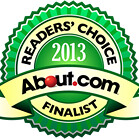
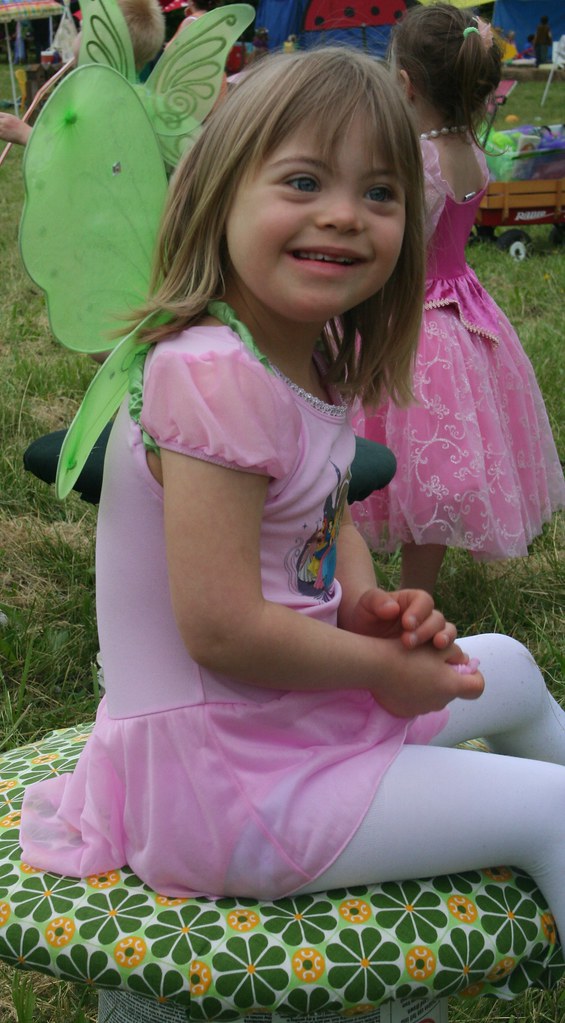

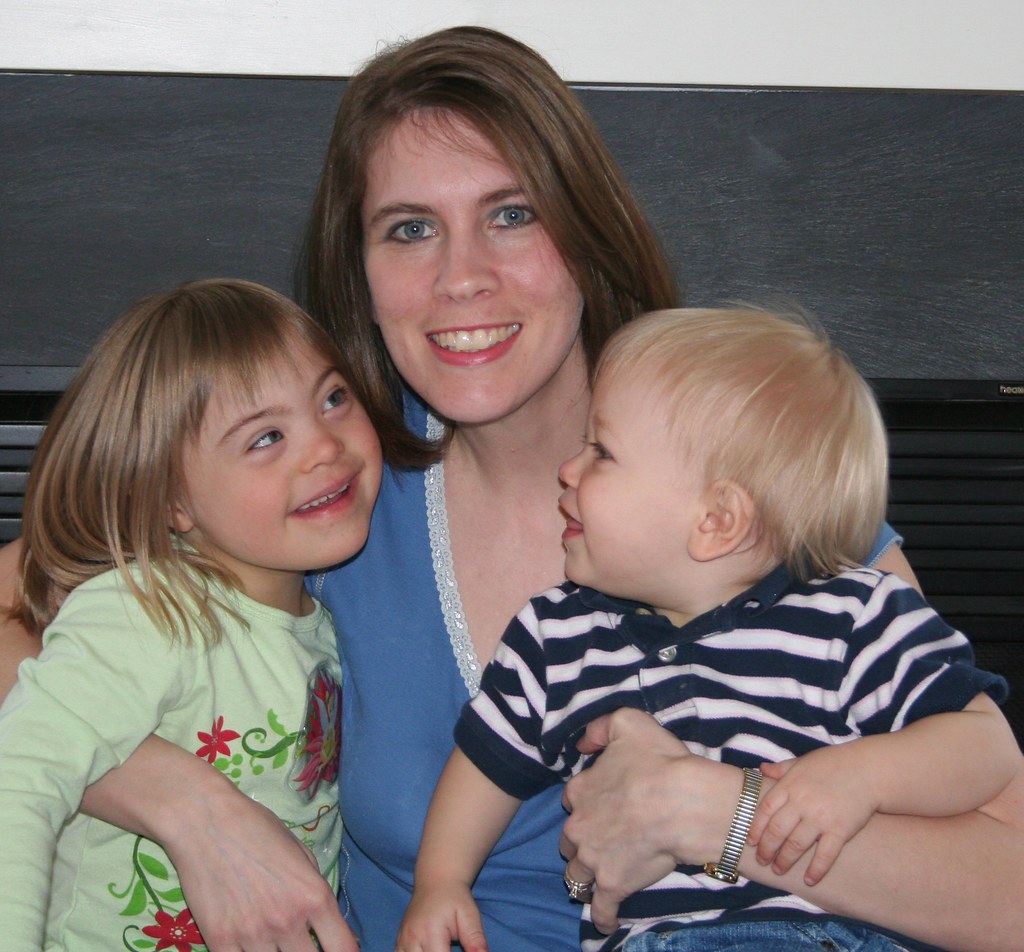
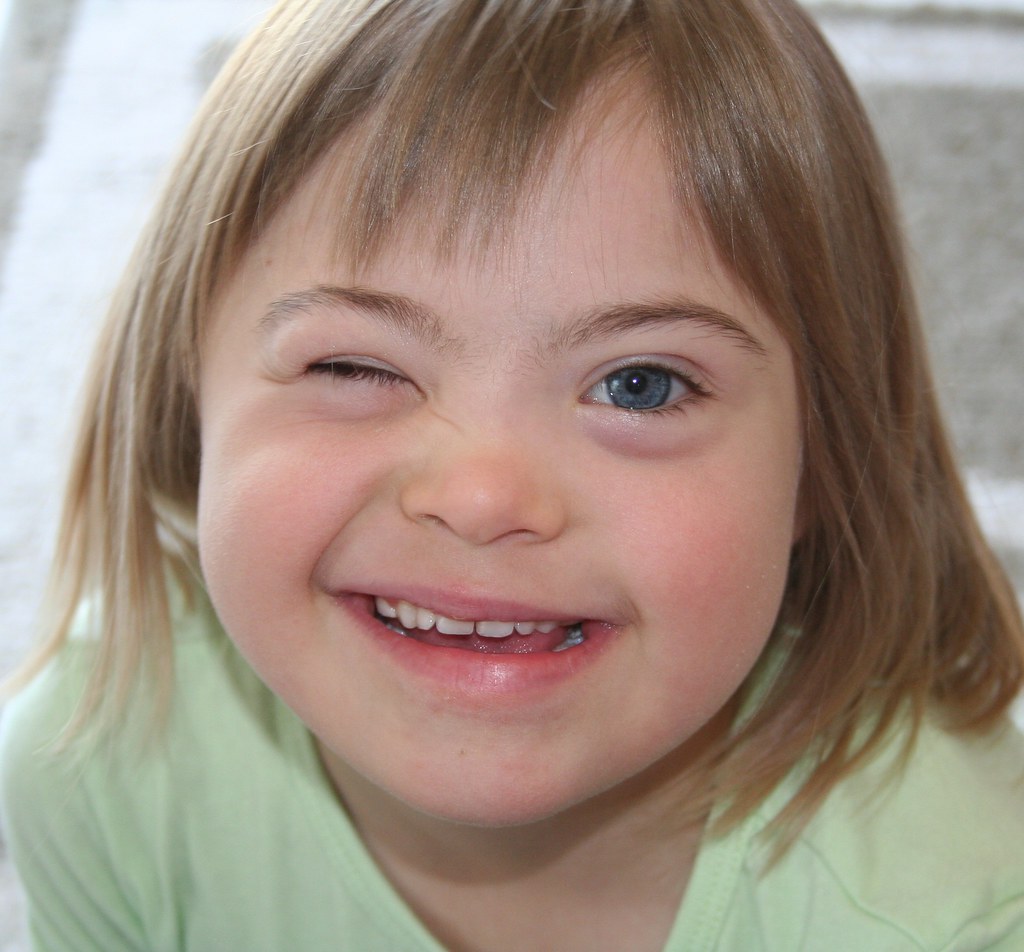

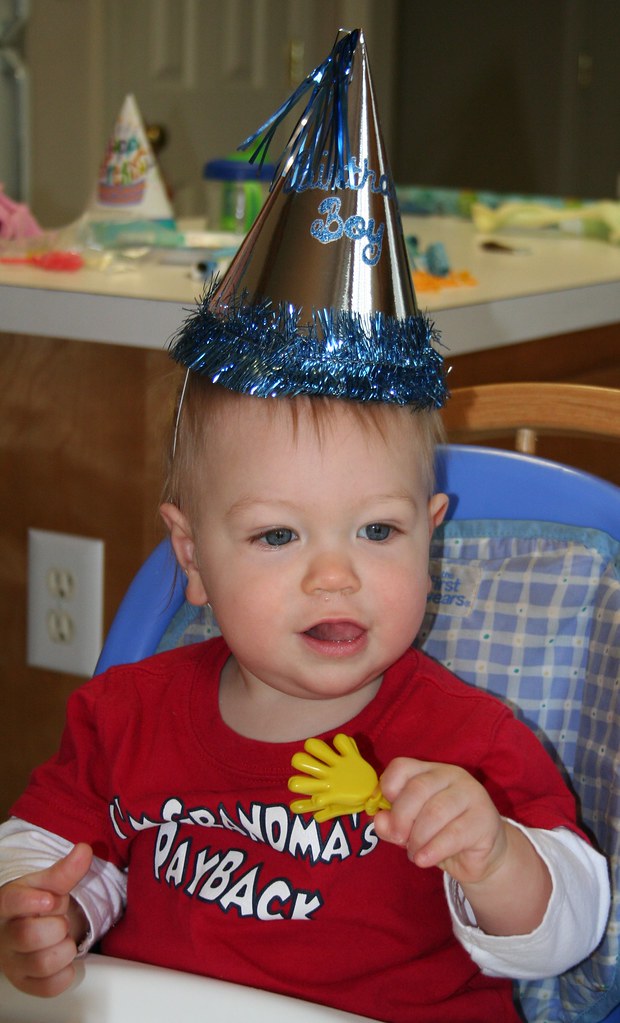


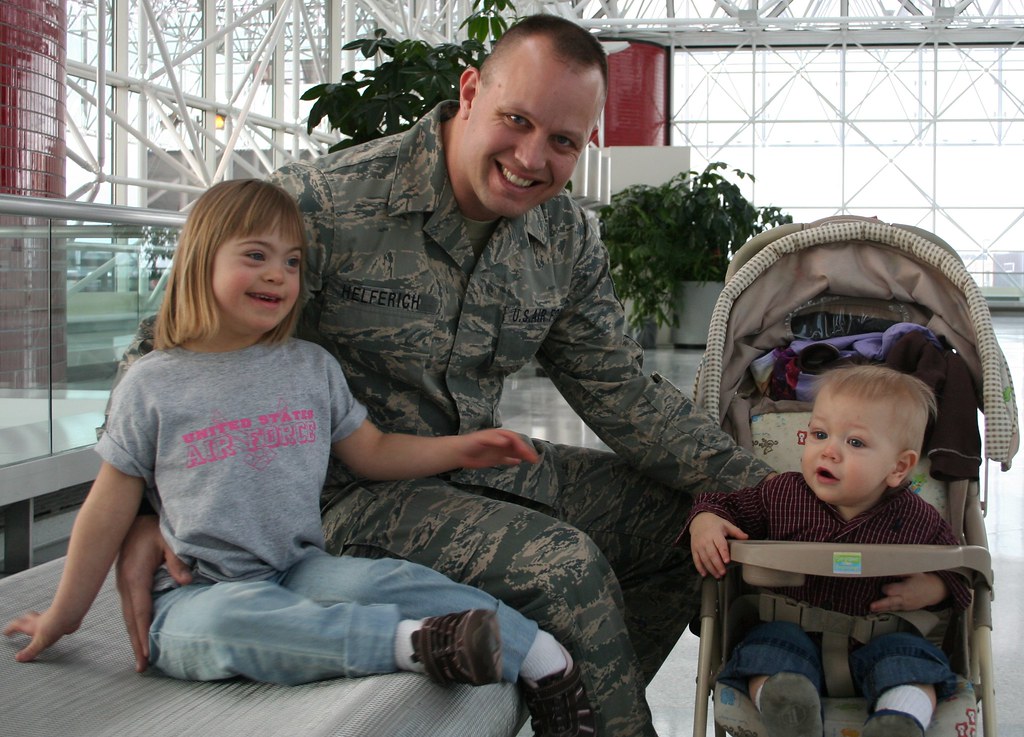
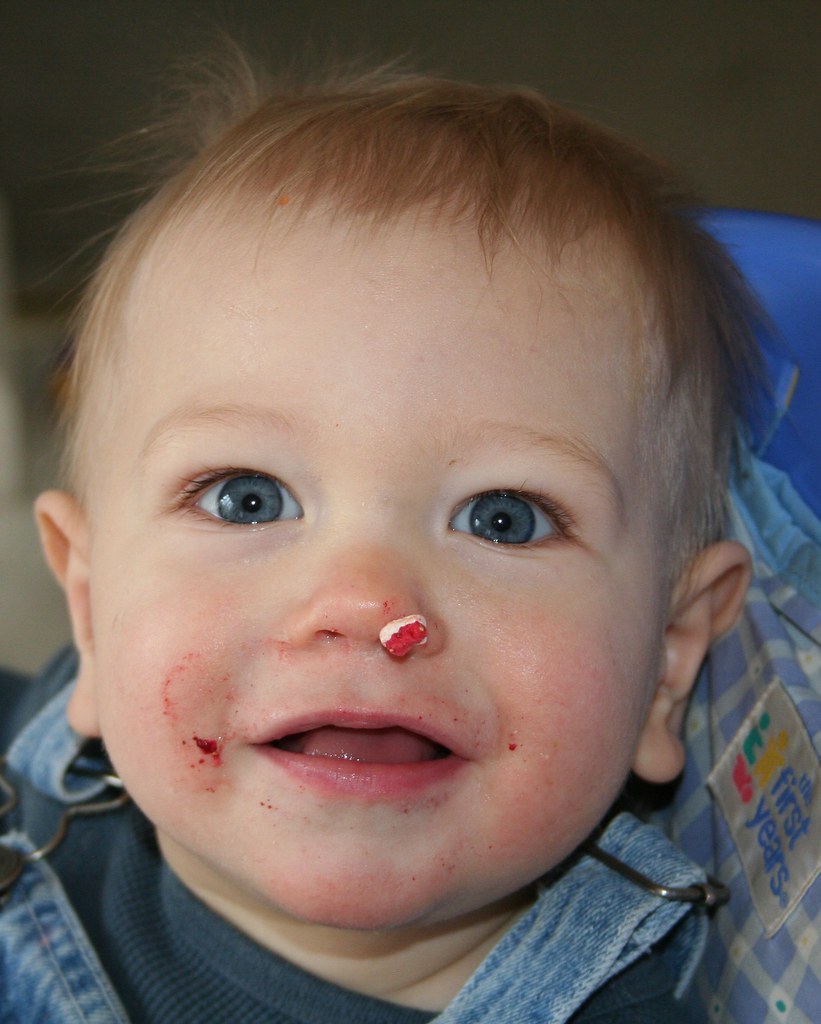
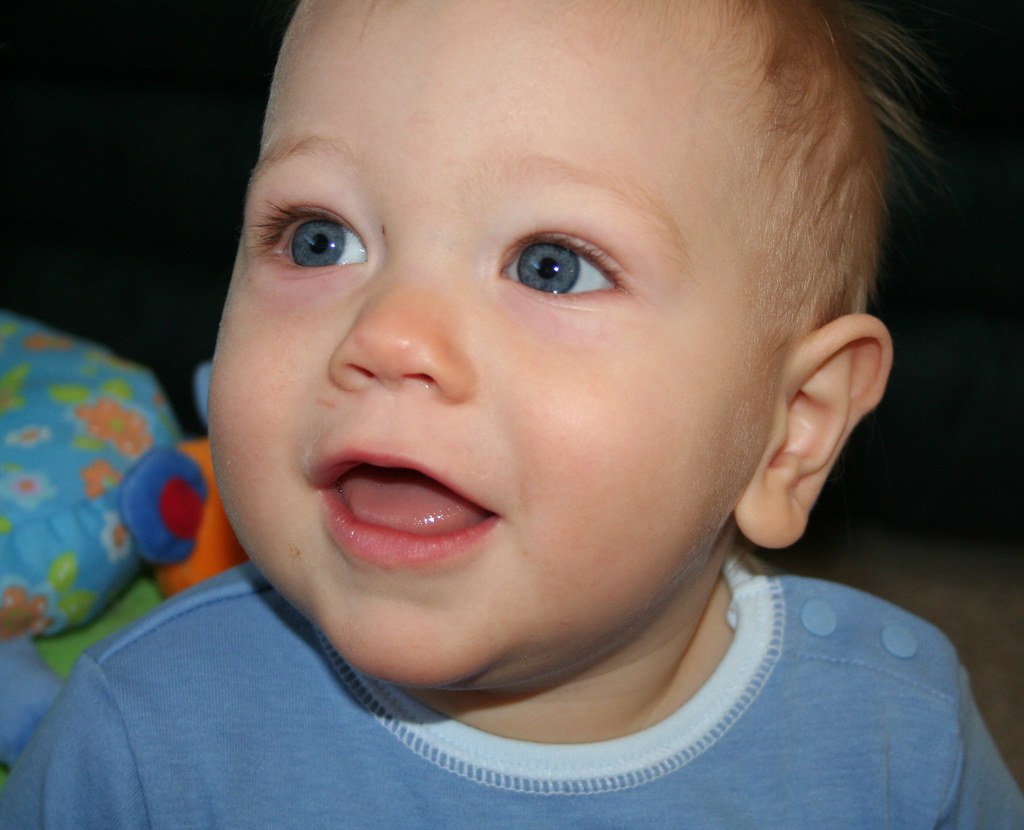
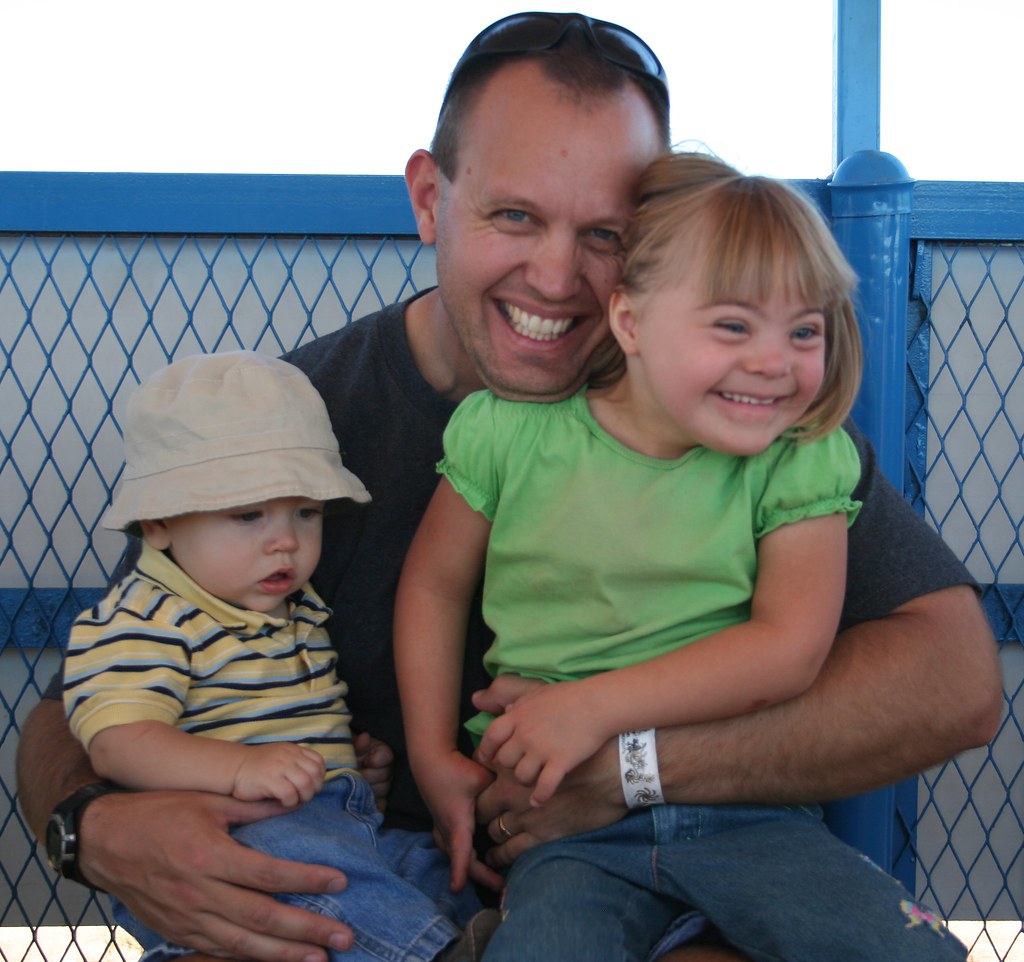
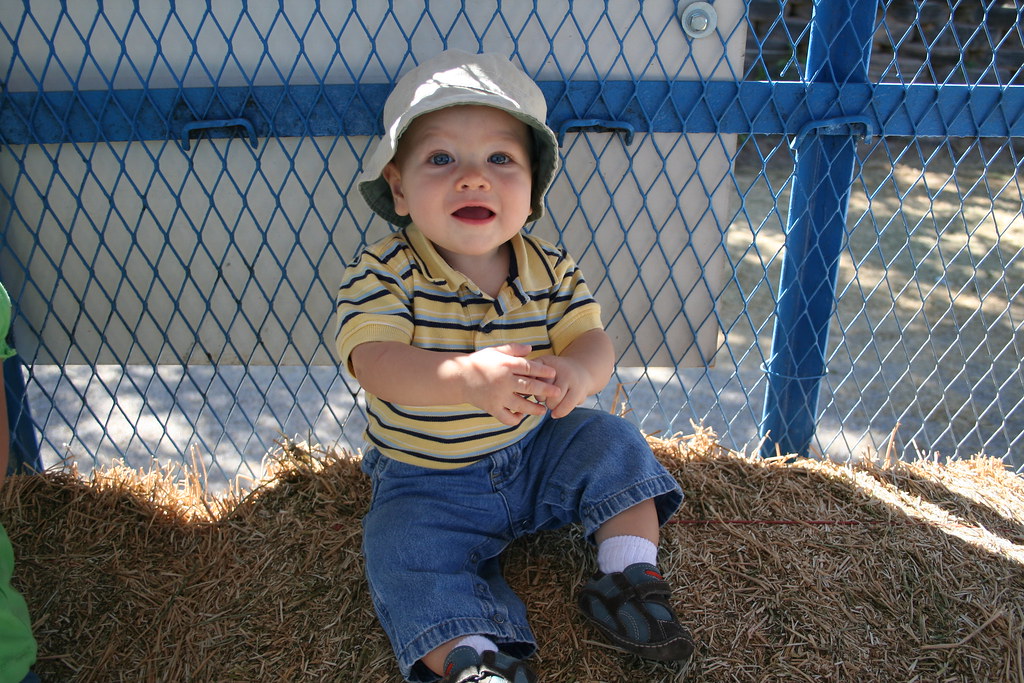
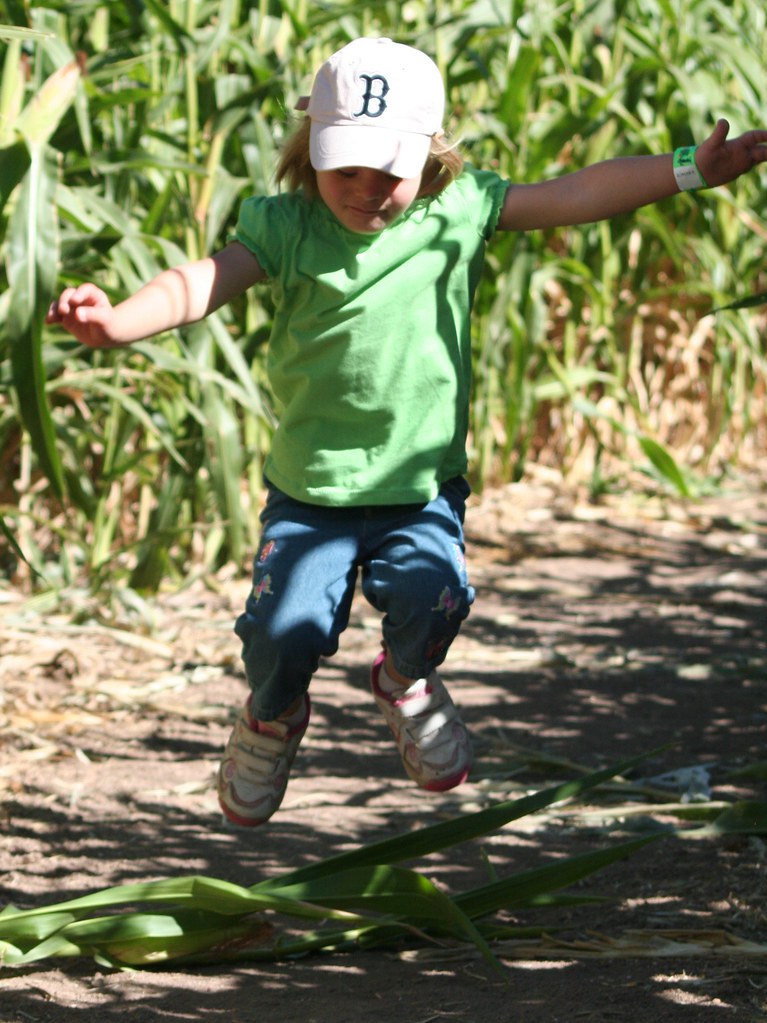
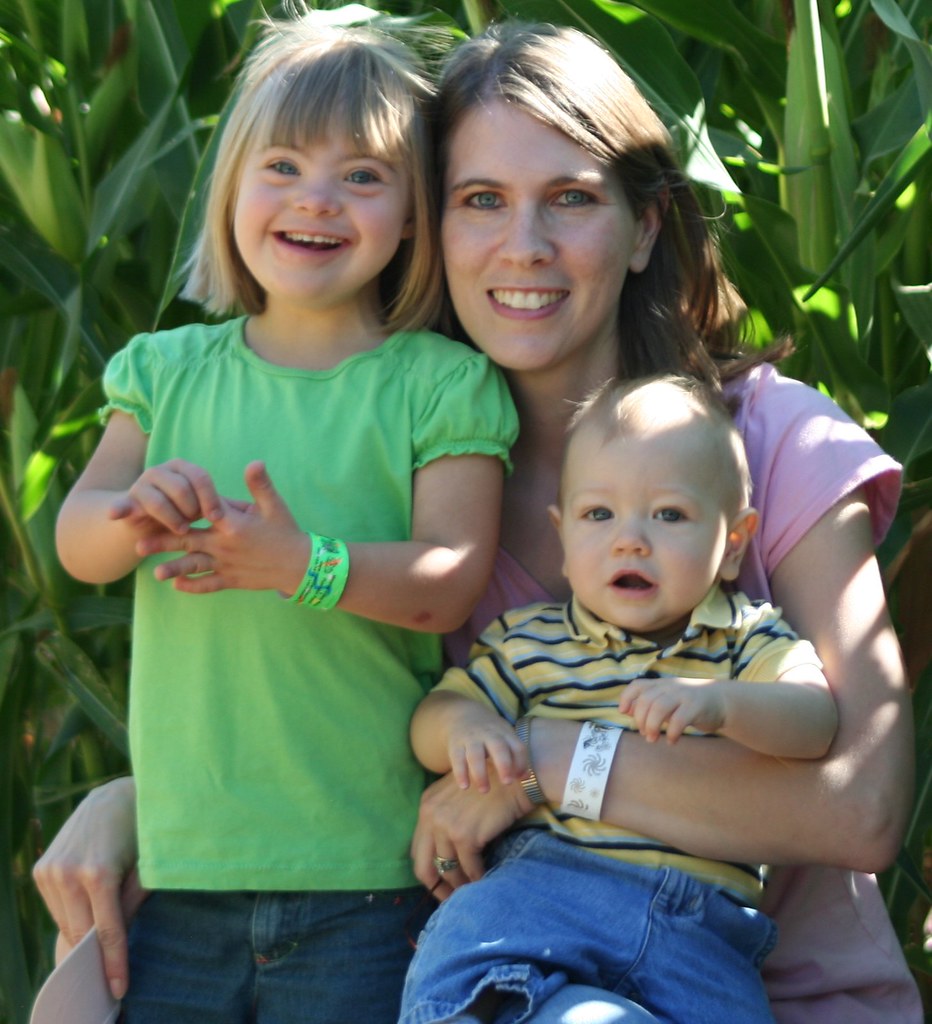
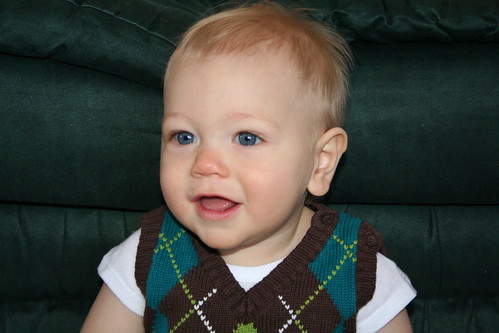
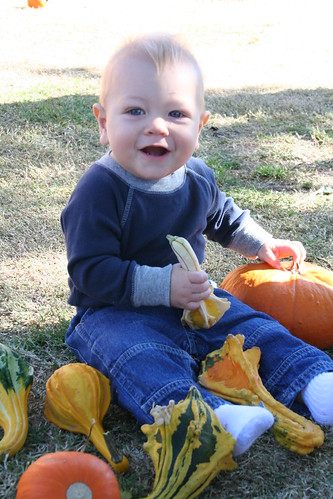
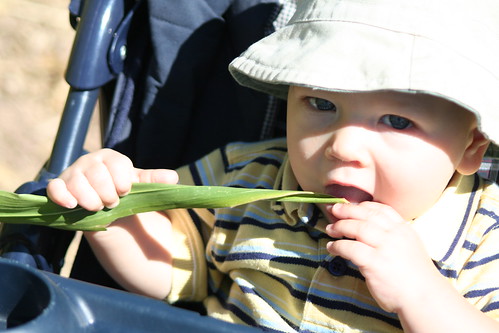
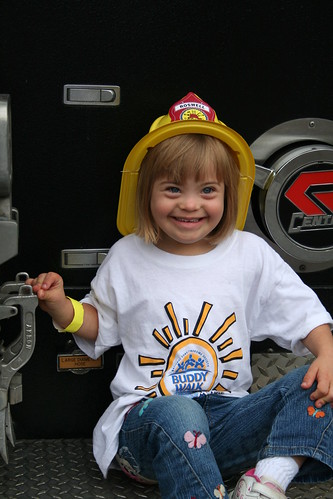
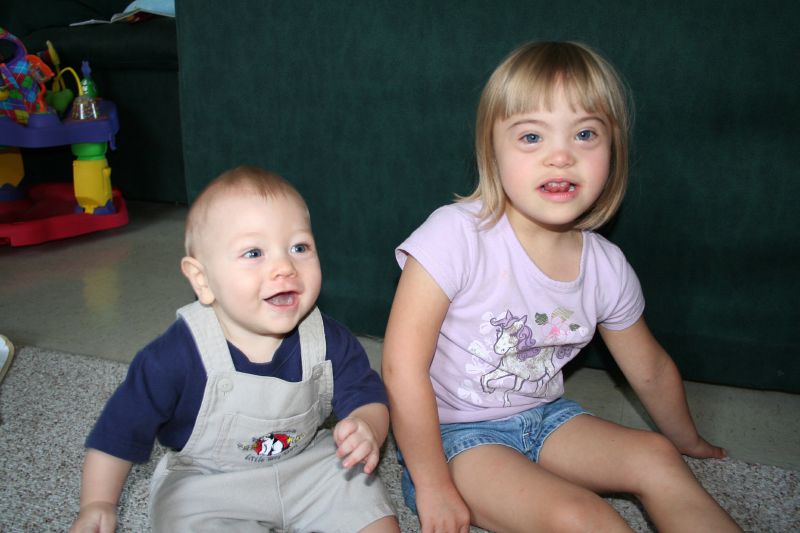
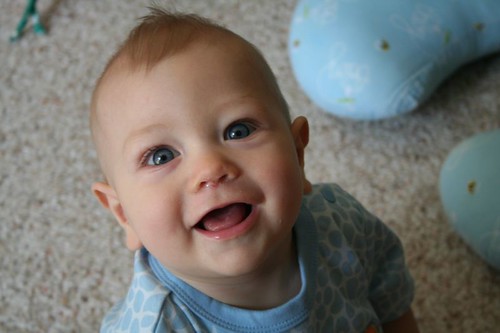
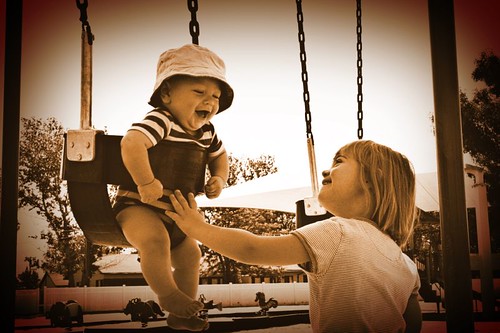
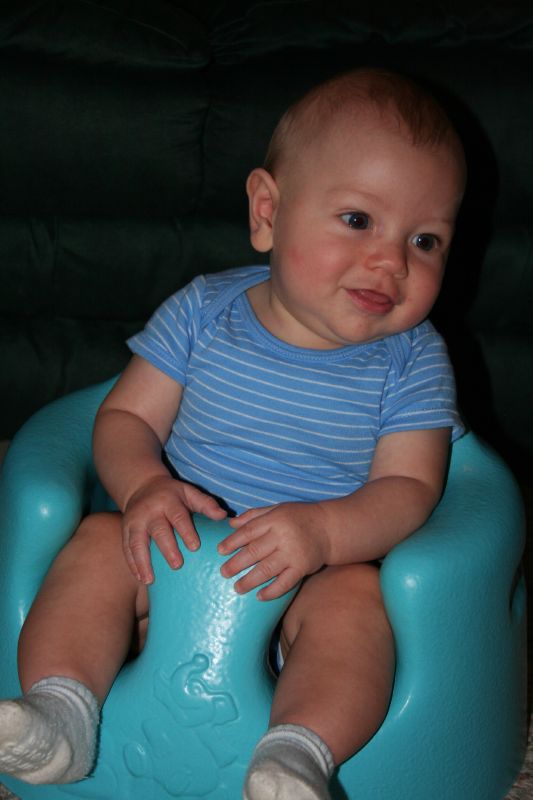
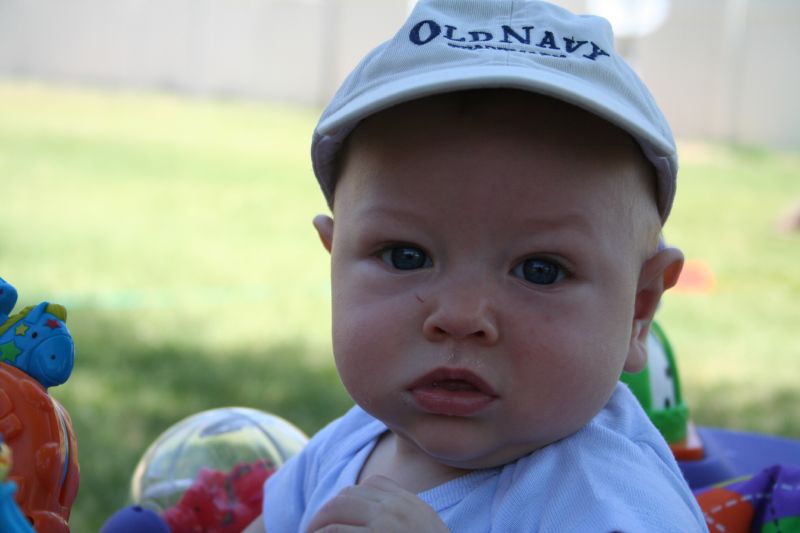
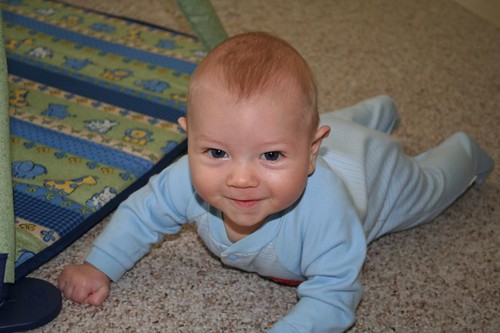
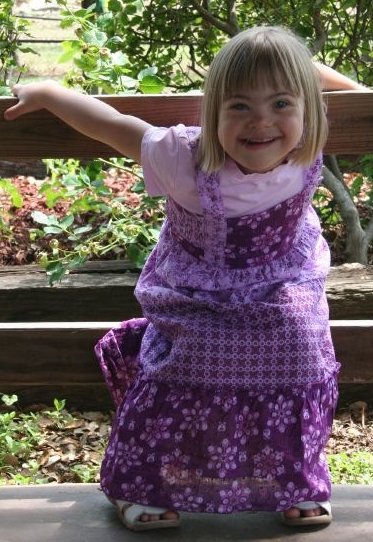
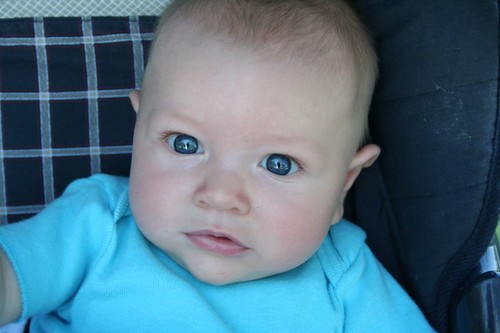
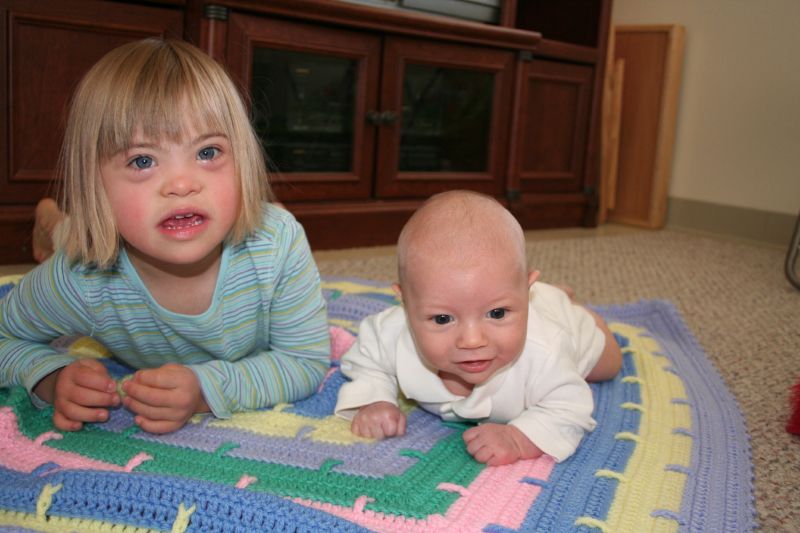
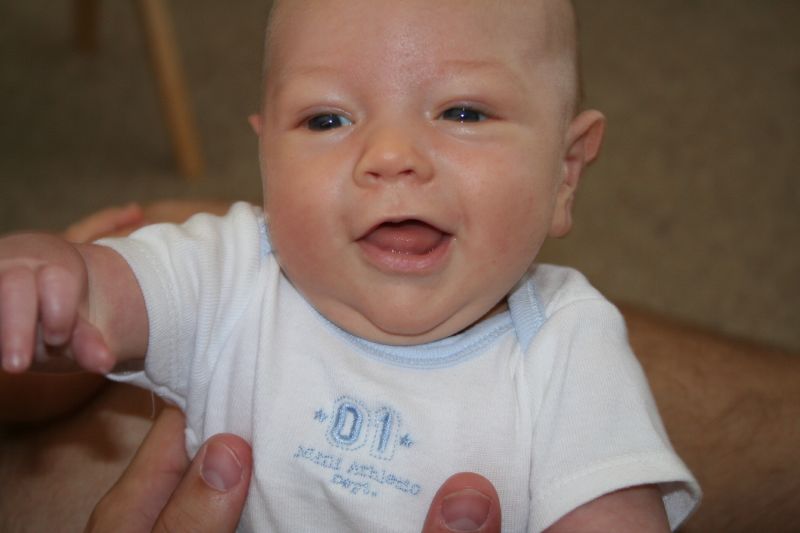
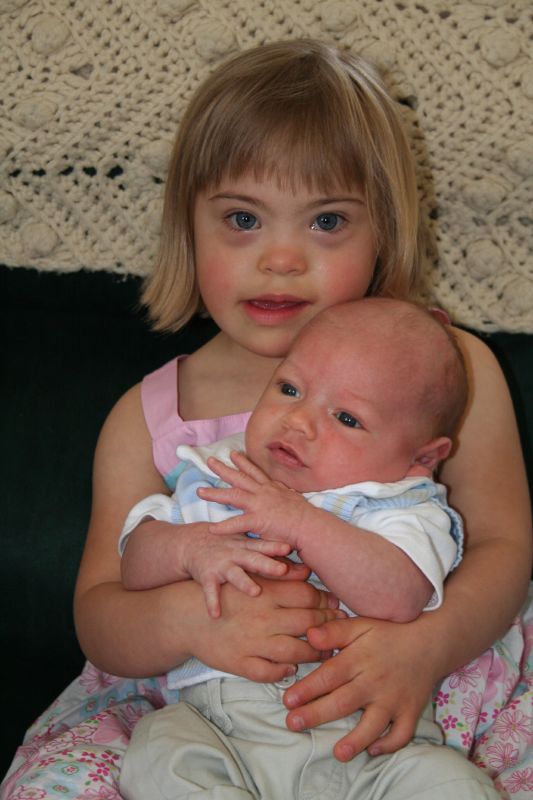
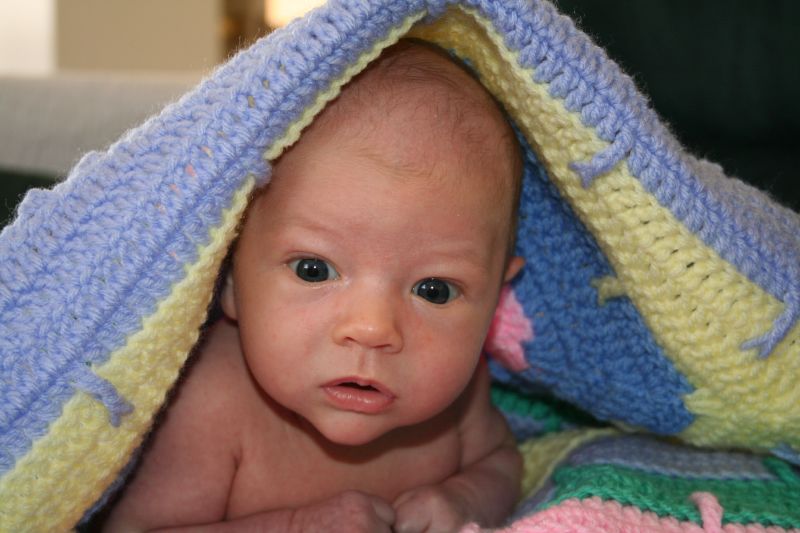
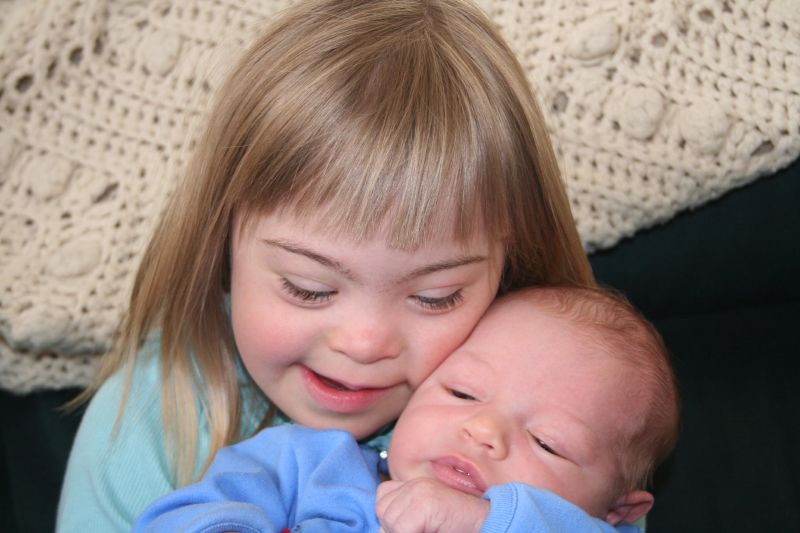
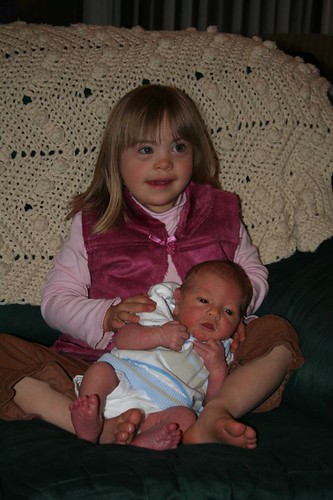
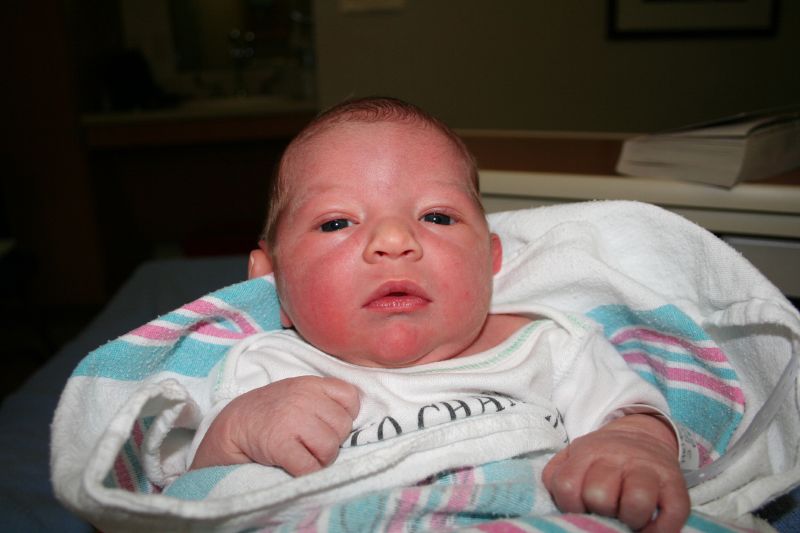
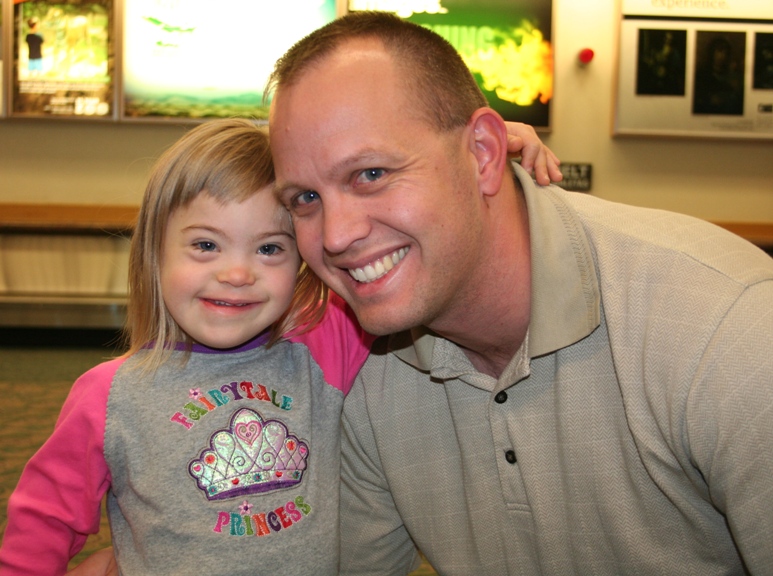
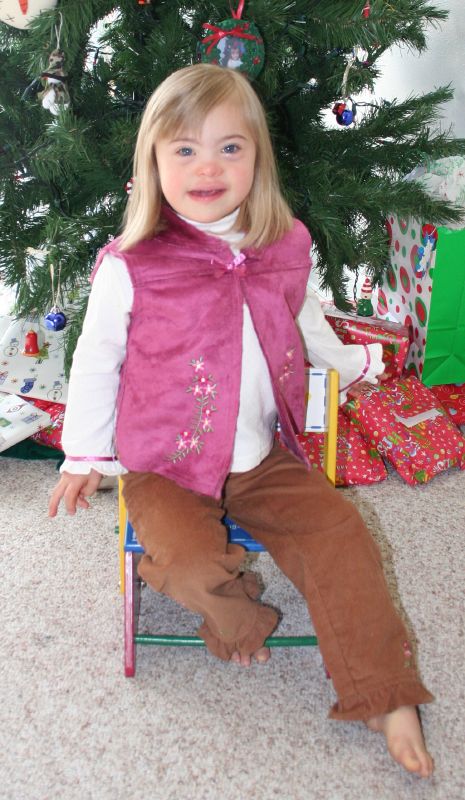
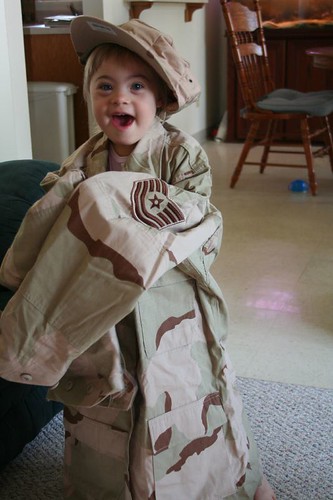
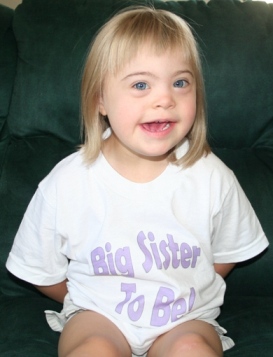
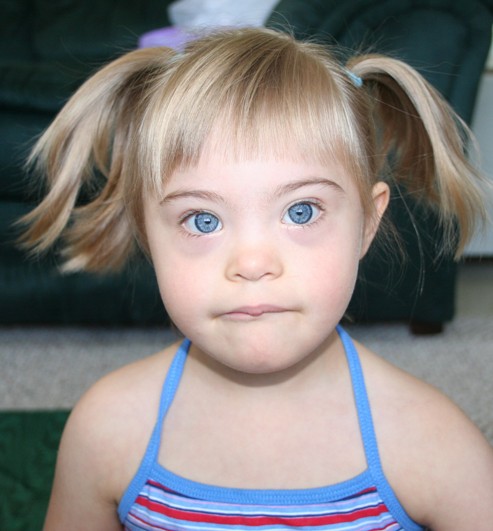
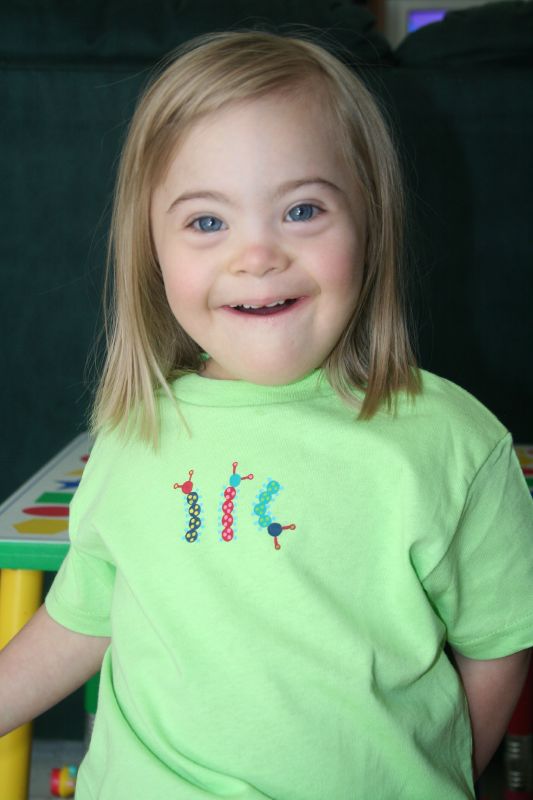
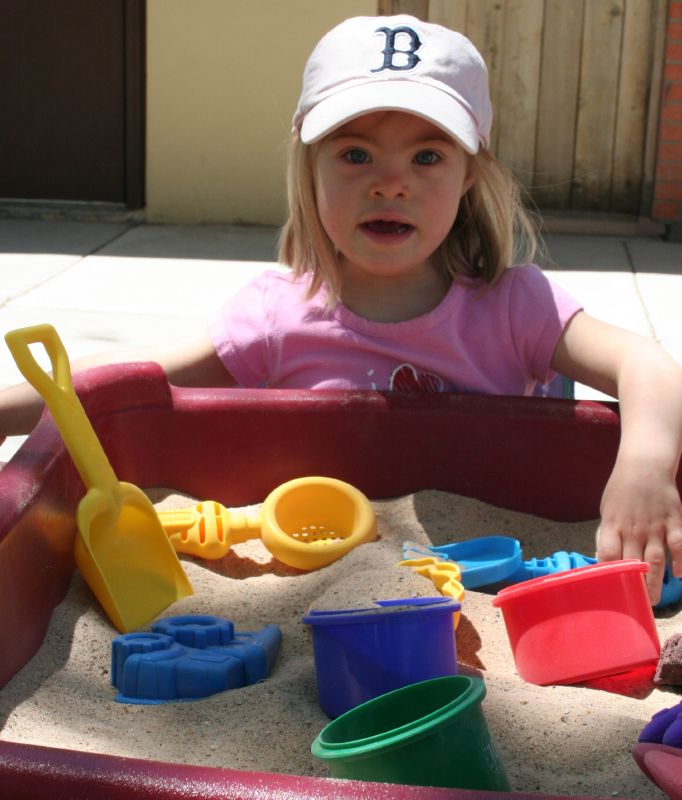
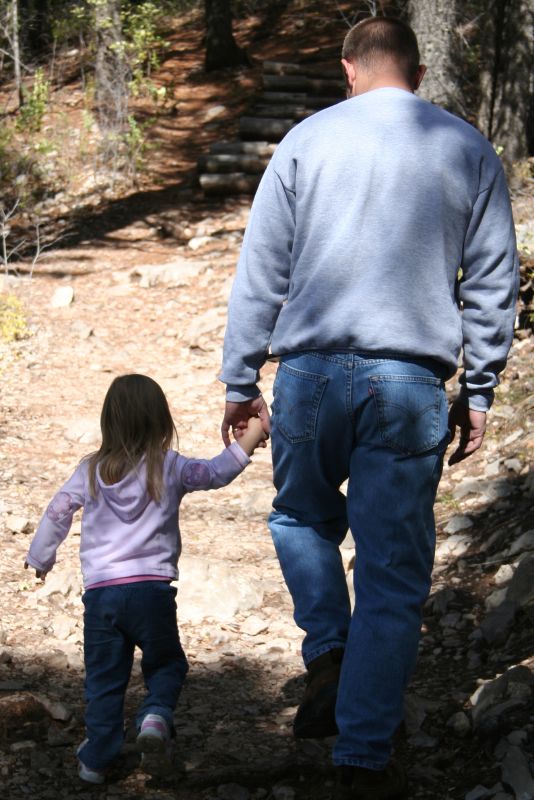

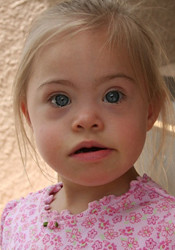




2 comments:
love your post Michelle - love the "Individuals with disabilities are hu-man" line - Good on you- !!
Such an important message, even though the topic can be a bit overwhelming to approach. Kayla is lucky to have you as her mom!
Post a Comment